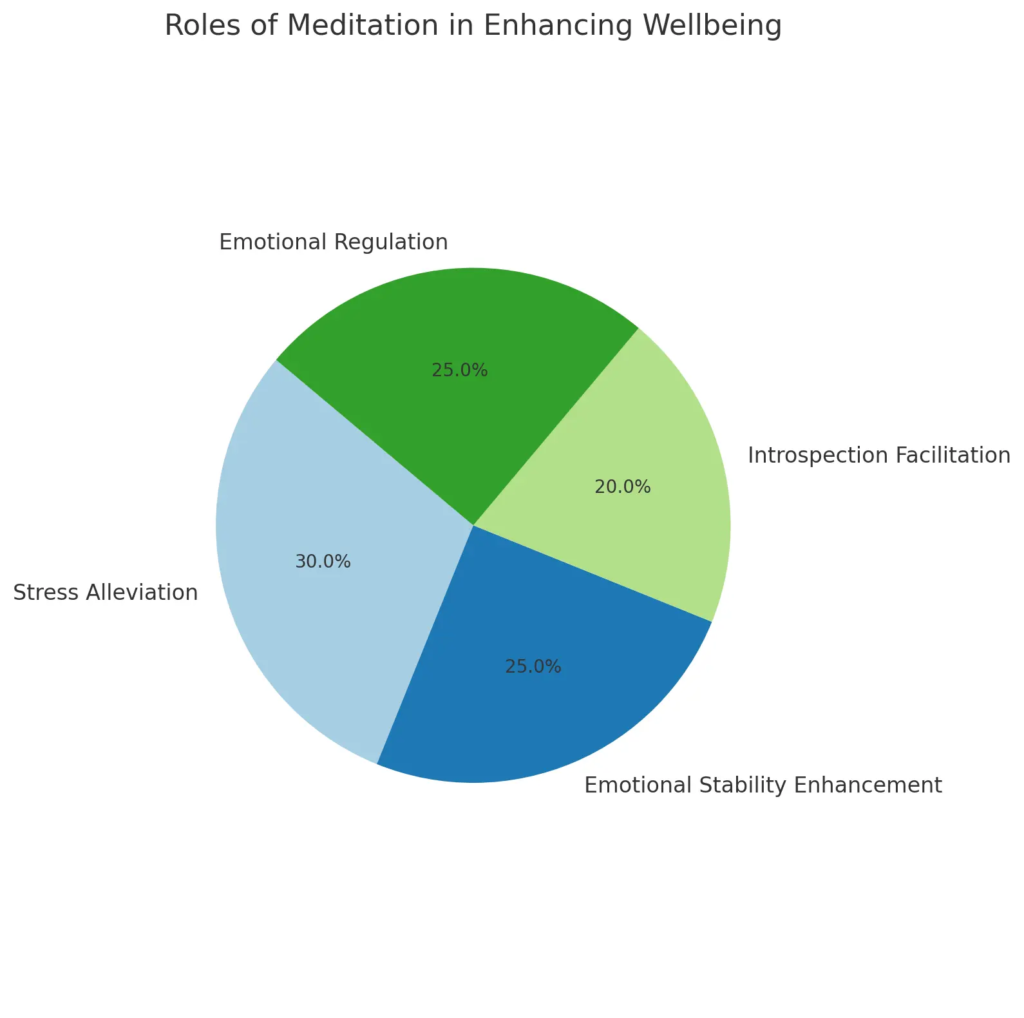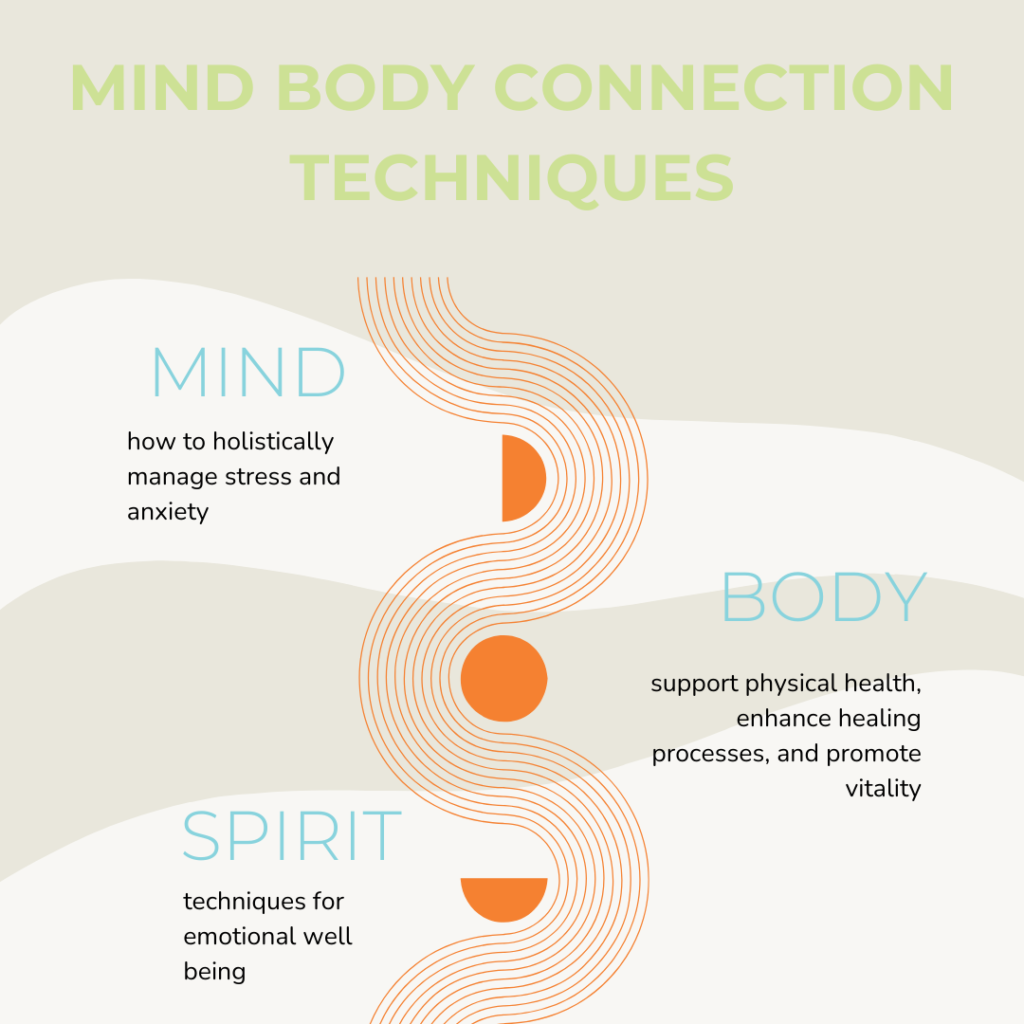Holistic Healing Transformative Methods for Wellbeing
In contemporary society, the quest for holistic healing methods has gained prominence as individuals seek transformative approaches to enhance their overall wellbeing. Holistic healing views health as a multifaceted experience necessitating the integration of physical, mental, emotional, and spiritual dimensions, a perspective increasingly embraced by women during pivotal life events such as pregnancy and childbirth. A study highlights that women often turn to complementary and alternative medicine (CAM) to assert control over their healthcare and achieve a sense of normalcy during these transformative periods (Mitchell et al.). Furthermore, research on modalities like Zero Balancing underscores the therapeutic benefits of skilled, conscious touch, revealing its potential to promote substantial improvements in wellness across various dimensions (Doucette et al.). The interconnectedness of these healing practices is visually represented in , which illustrates the mind-body connection, reinforcing the critical importance of an integrative approach to health and wellbeing.
A. Definition and Importance of Holistic Healing
Holistic healing refers to an integrative approach that considers the whole person—mind, body, and spirit—rather than focusing on isolated symptoms or diseases. This paradigm recognizes that emotional, mental, and spiritual aspects significantly influence physical health, thus promoting a comprehensive understanding of well-being. The importance of holistic healing lies in its capacity to foster self-awareness and personal transformation, as it encourages individuals to explore their inner selves and employ various therapeutic methods tailored to their unique needs. Utilizing techniques such as mindfulness, yoga, and nutrition allows for a multifaceted approach that holistically addresses wellness, which is particularly relevant in the context of contemporary health challenges (Eruera M et al.). Furthermore, such methodologies can empower individuals, promoting resilience and these transformational practices contribute to an overarching sense of balance and harmony in life, emphasizing their necessity in today’s fast-paced world, as visually represented in .
II. Mind-Body Connection
The mind-body connection serves as a cornerstone for understanding holistic healing methods, emphasizing the intricate relationship between mental, emotional, and physical well-being. This interdependence is reflected in wellness programs that incorporate mindfulness, yoga, and other integrative practices, fostering emotional resilience and psychological flexibility. For instance, the findings indicate that participation in holistic courses significantly boosts participants spirituality and reduces symptoms of depression and anxiety, reinforcing the premise that the mind and body collectively influence health outcomes (Chopra et al.). By leveraging the natural resources of the body and fostering an internal balance, individuals can experience profound transformations in their overall well-being (Um et al.). The relevance of these concepts is visually encapsulated in the image titled Mind Body Connection Techniques , which illustrates various practices that promote this crucial relationship, enhancing our understanding of how mindful awareness can lead to transformative healing processes.
| Herbal Remedy | Physical Health Benefit | Mental Health Benefit | Percentage of Users Reporting Benefit |
| St. John’s Wort | Reduced inflammation | Improved mood in depression | 65% |
| Ginkgo Biloba | Improved circulation | Enhanced cognitive function | 58% |
| Chamomile | Reduced muscle tension | Decreased anxiety symptoms | 72% |
| Valerian Root | Improved sleep quality | Reduced stress levels | 61% |
| Turmeric | Decreased joint pain | Improved mood stability | 69% |
A. The Role of Meditation in Enhancing Wellbeing
Meditation has emerged as a pivotal tool in the pursuit of wellbeing, functioning as a transformative method that fosters holistic healing. By centering on the interconnectedness of mind, body, and spirit, meditation cultivates a profound sense of awareness and presence that can alleviate stress and enhance emotional stability. This practice enables individuals to disengage from the incessant mental chatter that often accompanies daily life, promoting an embodied state of consciousness that facilitates deeper introspection and emotional regulation. As articulated, the part can never be well unless the whole is well (Cox et al.), underpinning the philosophy that holistic health requires nurturing every aspect of the self. Moreover, modalities stemming from somatic practices, such as erotic mindfulness, underscore the effectiveness of integrative approaches, demonstrating that engagement with one’s inner experience can lead to enhanced sexual and emotional wellbeing (Thouin-Savard et al.). Consequently, meditation stands as a crucial element in the broader spectrum of holistic healing.
III. Natural Remedies
Natural remedies play a crucial role in holistic healing practices, providing a bridge between traditional techniques and contemporary wellness. By utilizing plants, herbs, and natural substances, these remedies can address various physical and mental health issues while fostering overall well-being. For instance, practices like rongoā, a form of Māori healing that incorporates traditional herb knowledge, show promise in reducing suicidal behaviors among Indigenous youth, emphasizing the importance of cultural specificity in treatment approaches (Gemmell et al.). Moreover, the use of natural remedies can enhance mind-body connections, as illustrated by the diverse techniques displayed in , which highlights practices such as yoga, meditation, and breathwork. These methods not only alleviate symptoms but also promote a deeper awareness of personal health, ultimately leading to transformative well-being outcomes. In this context, integrating natural remedies within therapeutic practices presents a valuable avenue for achieving holistic health.
A. The Impact of Herbal Medicine on Physical and Mental Health
The impact of herbal medicine on both physical and mental health is profound, offering alternative or complementary approaches to conventional treatments. Research has demonstrated that herbal remedies can help alleviate symptoms of anxiety and depression, contributing significantly to mental well-being through natural compounds that promote relaxation and improve mood (Chopra et al.). Furthermore, the integration of herbal medicine with traditional healing practices, as seen in Aboriginal Australia, indicates that these approaches can be concurrent with biomedical treatments, potentially enhancing overall health outcomes (Stefanie J Oliver). As individuals become more open to holistic healing methods, the adoption of practices such as mindfulness and nutritional enhancements, illustrated in the image Mind Body Connection Techniques , underscores the interconnectedness of physical health and mental wellness. Embracing these transformative practices can pave the way for a more comprehensive understanding of well-being.
This exploration of holistic healing transformative methods for wellbeing, it becomes evident that integrating approaches such as psychospiritual counseling can significantly enhance individual resilience. The insights gleaned from both theoretical frameworks and practical experiences demonstrate the relational dynamic between improved mental health and spiritual wellbeing, reinforcing the necessity for a multifaceted approach to healing. As highlighted in the research, the effective utilization of psychospiritual counseling not only fosters personal growth but also promotes an understanding of spiritual dimensions as sources of strength and resilience (Savio et al.). Furthermore, the application of models like Maslow’s Hierarchy of Needs in wellness tourism underlines the essential human pursuit of holistic health, illustrating the convergence of physical, psychological, and spiritual needs (Clarke et al.). Images like , showcasing the variety of mind-body enhancement techniques, further emphasize a comprehensive understanding of wellness, establishing a foundation for future explorations of integrative health strategies.
A. The Future of Holistic Healing in Modern Healthcare
As modern healthcare continues to evolve, the integration of holistic healing practices into conventional medical frameworks represents a transformative shift toward a more patient-centered approach. By embracing complementary and alternative medicine, healthcare providers can address not only the physical symptoms but also the emotional and spiritual needs of patients, an imperative emphasized by the experiences of women utilizing CAM during pregnancy and childbirth, which affirm the desire for autonomy and well-being (Mitchell et al.). Additionally, the revival of Indigenous traditional healing practices in contemporary healthcare has enhanced access and improved health outcomes for marginalized communities, underscoring a growing acknowledgment of the value of diverse healing modalities (Asamoah et al.). This future-oriented perspective is visually encapsulated by , which illustrates the interconnectedness of various therapeutic methods, reinforcing the necessity of aligning traditional practices with modern health systems to foster comprehensive wellness.








